Economics professors don't often admit this, but the whole “supply and demand” thing really isn't as complicated as they'd like you to believe.
It's cause and effect, really. Which is why the effect of the global pandemic is causing you to pay more for your second-hand vehicle, and to perhaps settle on a car that wouldn't usually crack the top-10 on your pre-pandemic wish-list.
See, the pandemic has caused untold disruption around the globe over the past 18 months, including a bottleneck in the supply chain for new vehicles, with people having to wait anywhere from three months to more than a year to get behind the wheel of their new car.
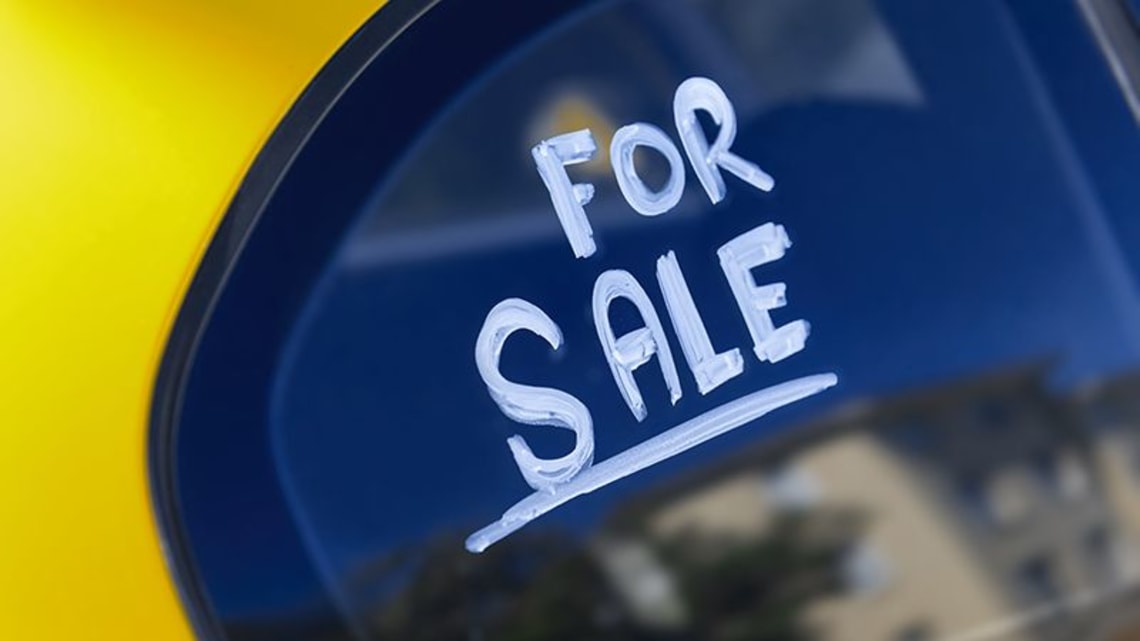
And with supply short and demand high, it means car makers don't have to offer any kind of discount to convince you to sign on the dotted line. In fact, in some cases, prices have actually gone up.
The flow-on effect of all this, though, is that used cars have never been so popular, nor so expensive. Mid-year data from Moody's Investors Service reveals that used car prices in Australia rose more than 20 per cent from April to June 2021 alone.
And with vehicles in short supply, Australian buyers are finding themselves in the unusual position of having to settle for something less than perfect, or settle for nothing at all.
Why are we telling you all this? Because with limited stock and soaring prices, it has never been more important to know what you're doing when shopping for your next private-seller car. If you're going to be paying top-dollar, then you want to know you're getting the best possible quality too, right?
New Allianz research has revealed that almost 50 per cent of people who buy a second-hand car fear they're going to be buying a lemon, 39 per cent are concerned whether they were getting a good deal, and 30 per cent are worried about what kind of warranty they'll be able to rely on if something goes wrong.
And even though Australians spent an average of 22 hours doing their research, a staggering 97 per cent still experienced some form of confusion when opting to purchase a car privately.
Clearly there's concern out there about the used-car buying process, and now more than ever. Motorists seeking out a second-hand car from a private seller naturally want to ensure they're getting good value for money — and, crucially, aren't buying a lemon — but there can often be confusion around exactly what to ask a private seller, and the key boxes that need to be ticked before you hand over your well-earned cash and take the keys.
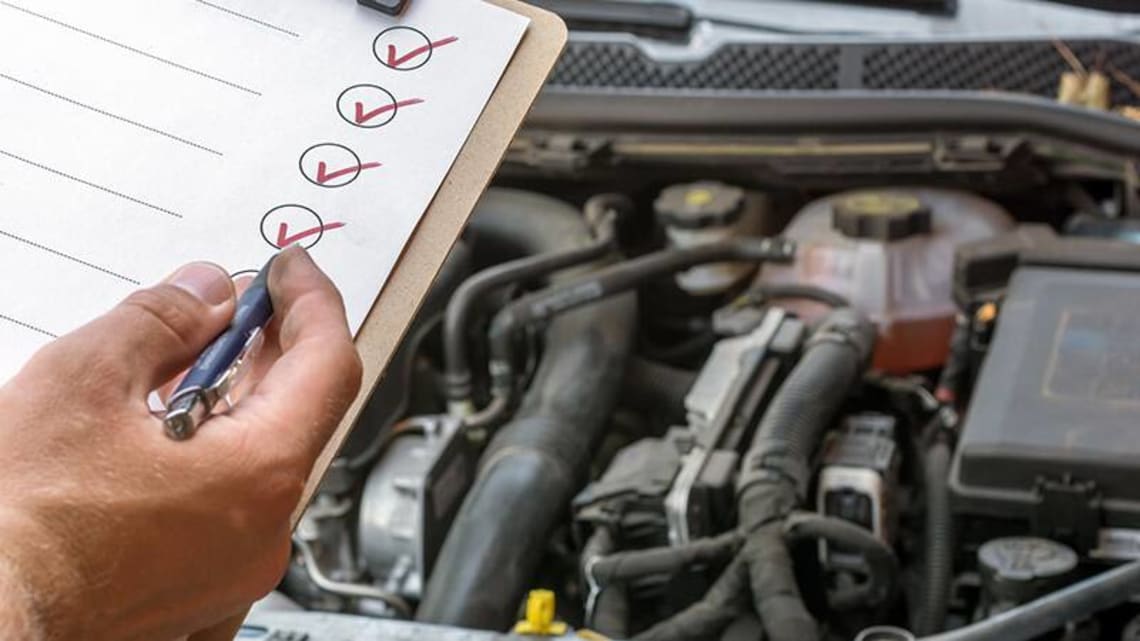
And so the insurance maestros at Allianz have taken away the guesswork by developing and releasing a Private Buyer's Manual for motorists — a free, downloadable guide designed to increase consumer confidence so you'll feel empowered, rather than tentative, when buying a second-hand vehicle privately.
The Private Buyer's Manual streamlines and simplifies the process, and it covers every step of the journey, from researching the car and inspecting it in-person, through to final purchase and getting the right insurance.
It's not just the obvious stuff, either. Allianz has really dug deep here to cover the topics you don't even know that you should know — like insisting you're given all sets of keys and the original copies of all documents, and never accepting photocopies.
Another top tip is to give the exterior and interior of the car a good visual inspection, without being afraid of getting a bit forensic and taking your time to make sure everything checks out and shows no obvious signs of wear and tear.
Key things to look out for are any damage or unsightly stains to the seats, carpets and interior plastics, with particular attention paid to the seat belts — make sure that the locking mechanisms are in perfect working order for each one, as any that aren't present a significant safety issue.
When it comes to the exterior of the vehicle, the Private Buyer's Manual recommends viewing it in good light and with a careful eye, as not all scrapes, dings or dents are readily apparent with a cursory, casual glance.
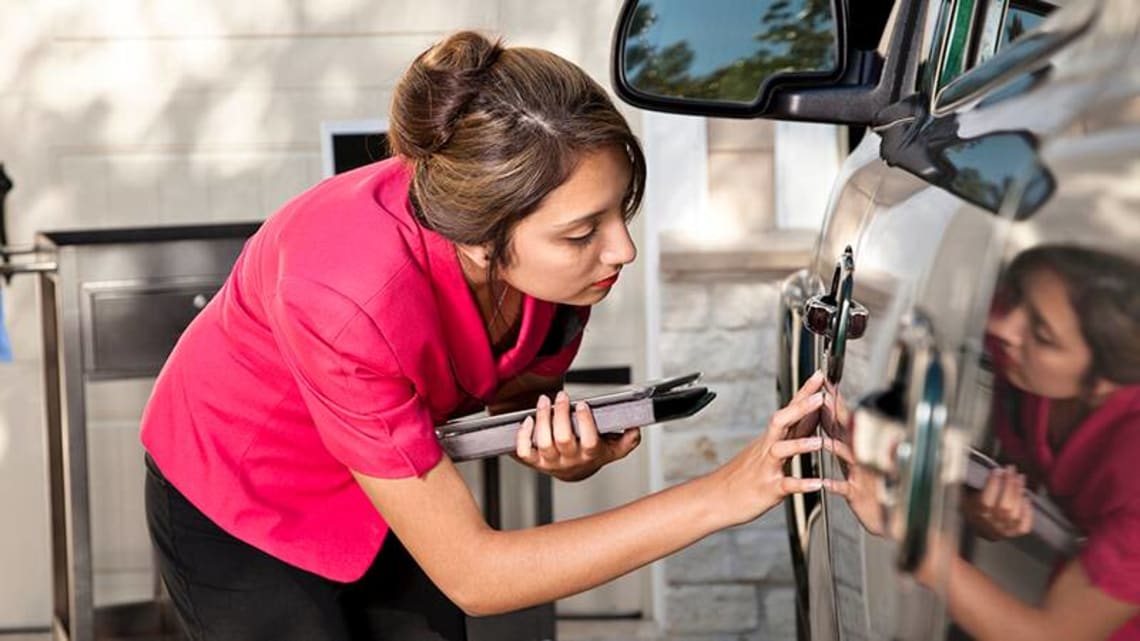
Another crucial thing that often gets overlooked is asking the private seller if the vehicle has been in any major accidents — if it has, there's the potential that the vehicle may have incurred some long-lasting damage that isn't easily detected upon inspection.
Regardless of the answer you get, you should always carefully inspect the vehicle yourself anyway. Get up close and personal with all the exterior panels, and look for larger than normal gaps between them (a telltale sign of significant body work being done to the vehicle) especially around the front and rear bumpers and the bonnet.
Taking the car for a test drive is of course a no-brainer, but do make an effort to test it in some different driving scenarios if at all possible. A vehicle that may seem fine on a quick lap around the block may have issues that only present once you drive it at a higher speed, so try and stretch the legs of the vehicle if you get the chance.
You'll also want to make sure you've had a word with your insurer in case you decide to purchase the car, since you'll want to guarantee you're covered the second you leave the seller's driveway.
And it's not just the car itself, of course, but the person selling it. Making any major purchase can be nerve-wracking, especially if you're spending a considerable sum on your new car. Nerves, then, are normal. But there are ways to mitigate them.
Allan Pease, Body Language Expert and behaviourist says: “Purchasing a second-hand car can be daunting and a number of Australians don't necessarily know how to approach the sale. It is important to be confident and do your research so you can feel empowered to hold your own. Simple body language techniques such as knowing the questions you want to ask, smiling, avoiding contradictory body language signals and being conscious of your posture and gestures can empower you to make an informed decision and give you the confidence to negotiate a better price.”
If you're the kind of person who needs to stall a little so you have time to think of a response or reach a decision, Pease says something as simple as a water bottle will assist you when it comes to thinking on your feet.
“Sip water as you ask questions about the car's history, as this gives you the chance to think about and analyse what's being said before you respond. Always be prepared to walk away to clarify your thinking. Remember, there's always another deal. And that car will likely still be there tomorrow. If you feel pressured into making a decision, explain that while you love the vehicle — if in fact you do — you don't have the power to make the final decision and need to defer to another person who is not available right now.”
So there you have it, a crash course in becoming a car-buying superhero. But the lessons don't end here. If you're looking to purchase a second-hand car, visit Allianz.com.au/PrivateBuyersManual to download the ultimate guide for your next vehicle purchase.


.jpg)



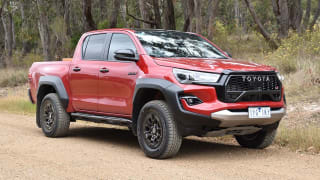
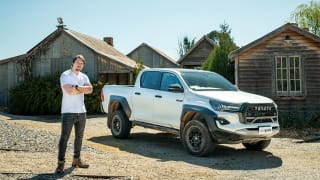

Comments